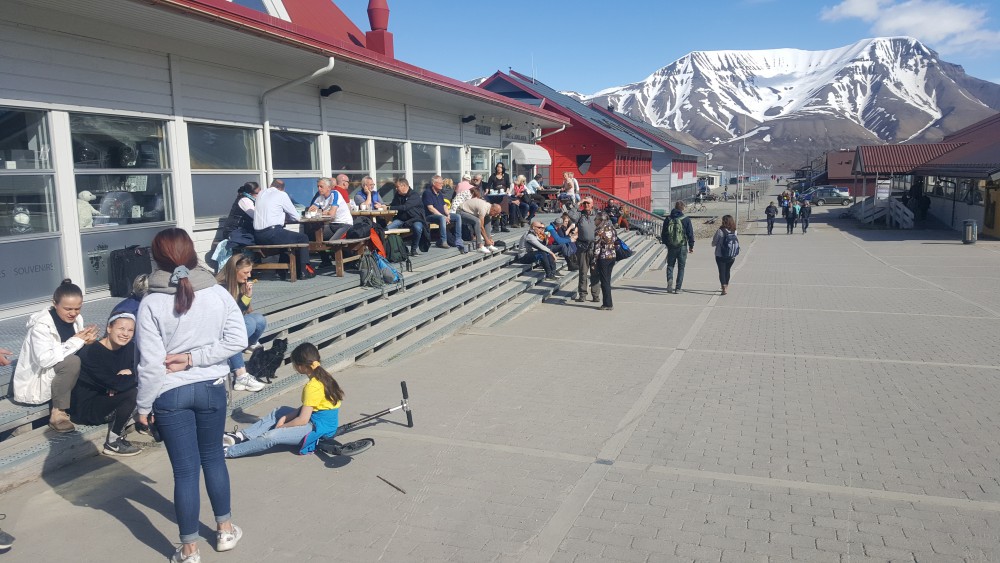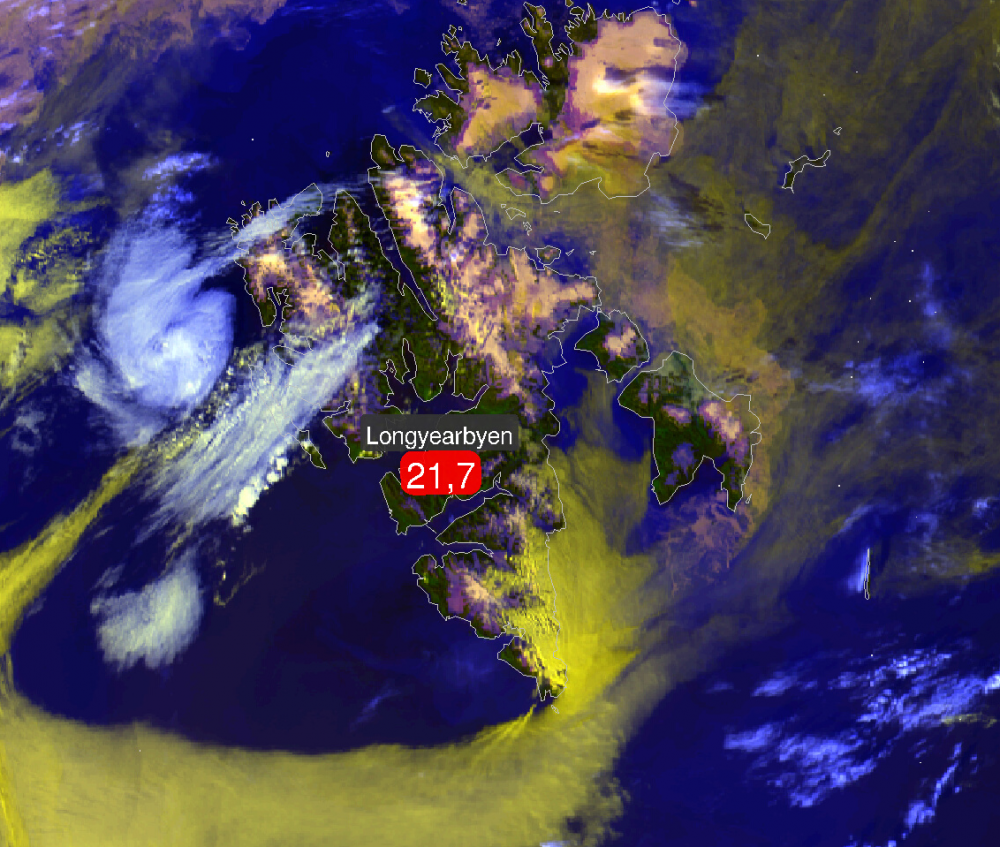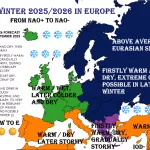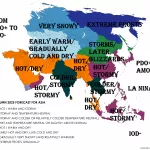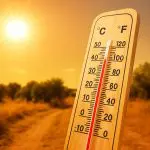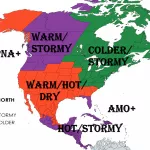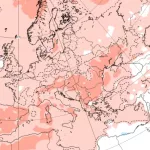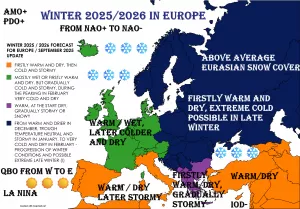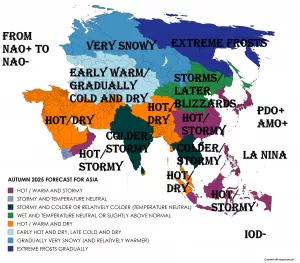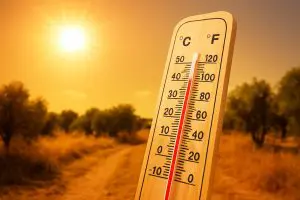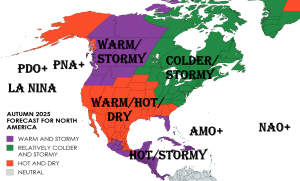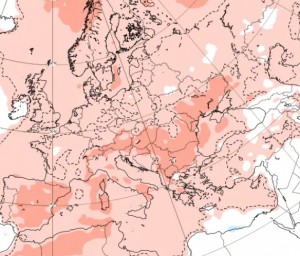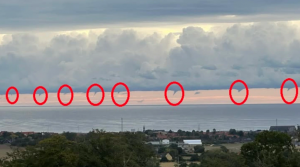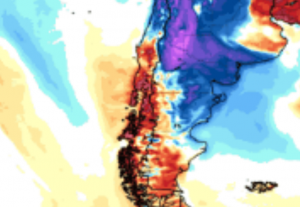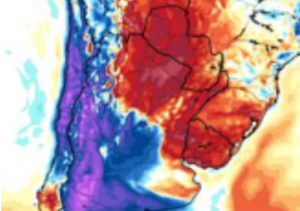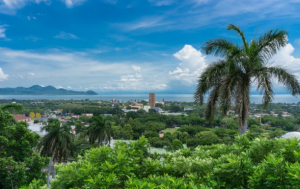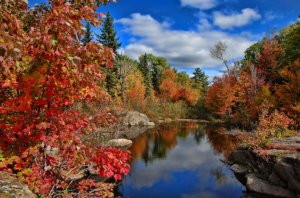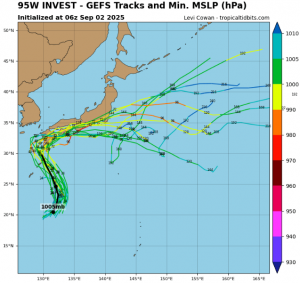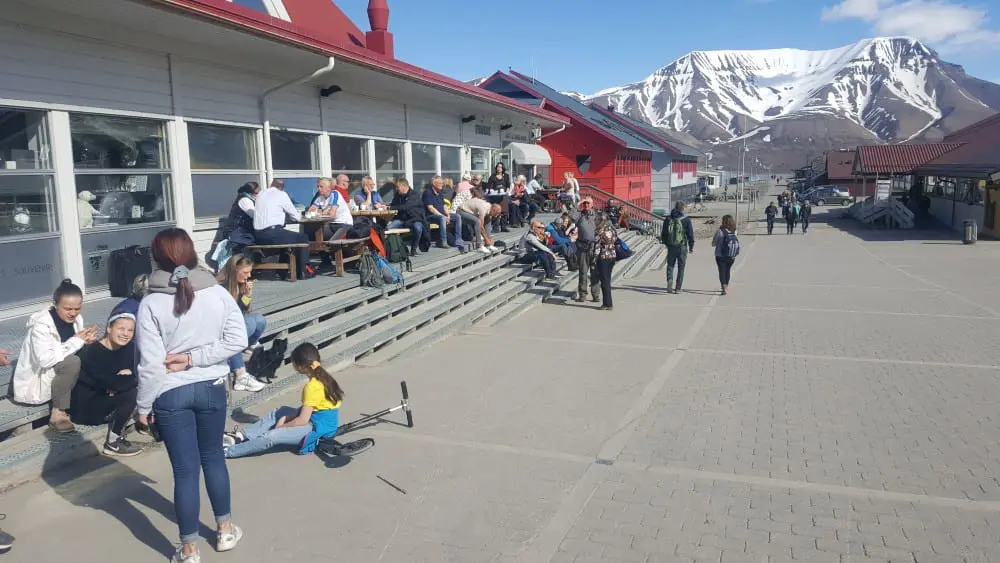
As we pointed in one from previous articles /https://mkweather.com/2020/07/24/norway-the-coldest-summer-in-nearly-30-years-with-wind-rain-and-frosts-in-friday-meteorologists-measured-in-southern-norway-41c-but-svalbard-are-expecting-20c-68f-first-time//, Svalbard hit at the weekend record high temperatures. In Longyearbyen, Svalbard capital, before 1pm temperature reached +20,6°C and Arctic heatwave peaked during polar day several hours late – absolute temperature record of European sector of Arctic was measured on Saturday, 25. July 2020, in early evening +21,7°C.
Previous record +21,3°C came from 15. July 1979. This is the first time since 1979 the official temperature in the main settlement on Svalbard is above 20°C /https://thebarentsobserver.com/en/arctic/2020/07/record-heat-hits-longyearbyen/.
People in Longyearbyen this weekend are sitting outside in T-shirts and drinking beer or are enjoying extremely hot summer, pictures from one from the coldest places in the Earth, says.
It´s already 111-th month in a row, with monthly temperature average above normal in the region. Changes are linked with phenomena called “Arctic Amplification” /more here: https://mkweather.com/2020/07/17/siberian-heat-38c-100f-flowed-above-north-pole-arctic-ice-loss-reached-the-newest-mid-july-record-pattern-strenghing-global-warming-hole-anomaly-which-can-make-british-isles-cold-til/ and here: https://mkweather.com/2020/07/12/38c-101f-behind-polar-circle-in-siberia-5-years-after-unprecedent-event-with-40c-104f-in-nunavut-northern-canada//. While subtropic and tropic latitudes are warming only 0,5°C / 100 years, in Arctic is thanks to positive environmental feedbacks warmer in some parts more than 8°C in comparison with 100 years before.
